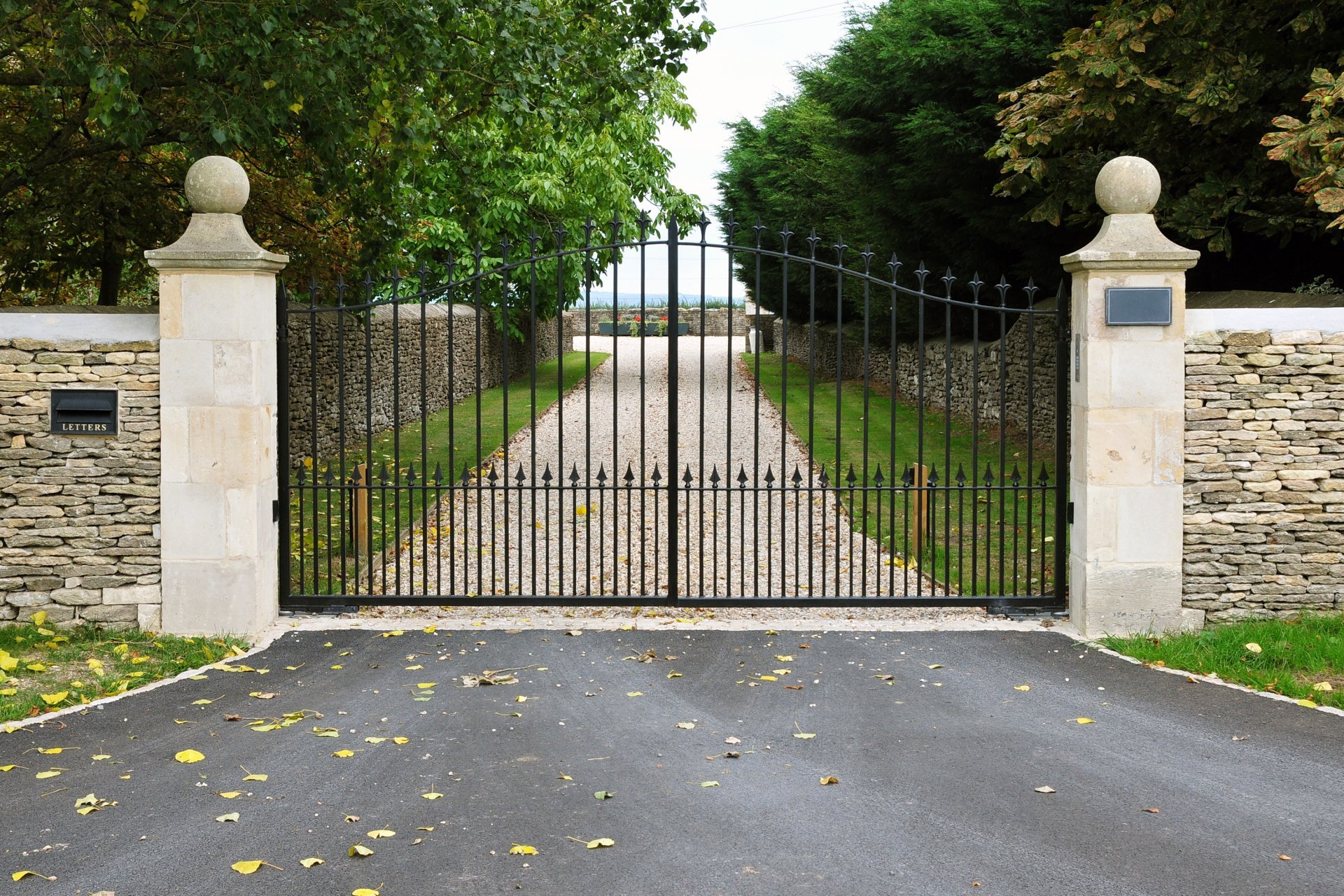Three Considerations When Shopping for Automated Driveway Gates
If you want to install an automated driveway gate, then you are making a good move to protect your property and those who live in your household. An automated driveway gate is a big plus for the homeowner who desires security and convenience. Automated gates provide the opportunity to enter and leave one's property freely and help prevent unwanted visitors from coming to your door or even entering the premises.
Before choosing any particular style of gate, you need to decide between your needs and wants. Below are three considerations to keep in mind when looking at automated driveway gates, as well as what you should decide before the construction process begins.

Specific Location
One of the first decisions to make is where to install your driveway gate. Driveway gates may be installed in a variety of locations, but some locations better ensure a longer lifespan for the gate and its mechanical and electrical equipment.
For example, avoid installing an automated driveway gate in a low area, such as a dip or depression. In these low places, the risk of flooding increases, which could cause significant damage to the mechanical and electrical components.
In addition, automated driveway gates should not be installed inside an enclosed area where accidental contact with people or other objects could occur. Instead, be sure to be generous in your estimates of how much room you need and that you will not need to make any substantial changes to the equipment for future home or land renovations.
Swinging Versus Sliding
Another important consideration when planning your driveway gate installation is making a decision between sliding and swinging. Both types are in widespread use, and you should base your decision on what fits your needs and location.
For example, a sliding gate may be a better fit if a swinging gate would have a limited amount of space for opening and closing. Again, you don’t want anything to obstruct the movement of the gate. However, a swinging gate may be preferable if you don't want to install gate support hardware, such as tracks, in the driveway surface.
From a cost perspective, swinging gates generally cost less than sliding gates due to the difference in installation expense and equipment needs. Swinging gates utilize gate-mounted openers, which simplifies installation, while sliding gates require a more in-depth, and more expensive, process.
Gate Material Type
Sliding and swinging gates are manufactured from a variety of materials, including steel, aluminum and wood. The type of material chosen depends largely upon cosmetic preferences, but it is important to know there are performance differences as well.
For example, high winds are capable of blowing over a solid wood fence, and this also applies to wooden gates with side-by-side pickets. Though lightweight in many instances, framed metal gates are less likely to be blown about since their construction type permits air to pass between the thin bars.
In addition, it is important to consider long-term maintenance needs based on material type. Wooden gates require continual repainting or refinishing to protect the wood from weathering and pests. Neglecting to do so could easily lead to rot and other permanent damage.
Metal driveway gates are more expensive to manufacture and install in many instances, but they don't require refinishing as often as wooden gates. Instead, they can be cleaned and waxed with an automotive wax on an annual basis to provide protection.
If you are interested in learning more about automated driveway gates, then be sure to contact Northgates In Motion for assistance. Our professional team will answer your questions and provide expert advice on gate installation and servicing.










